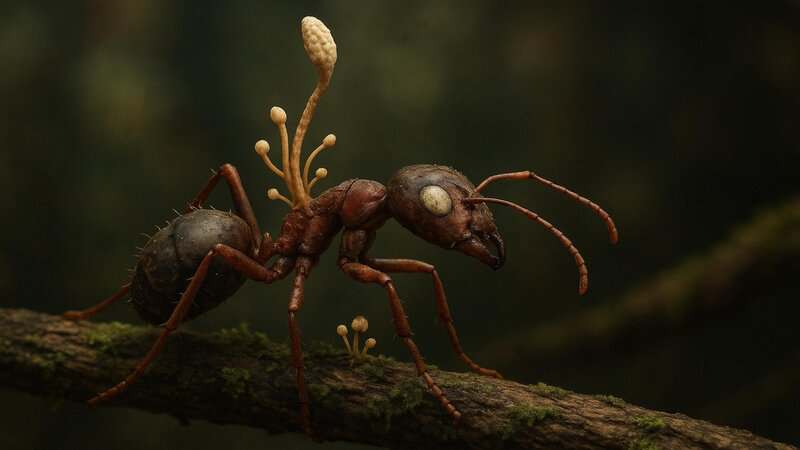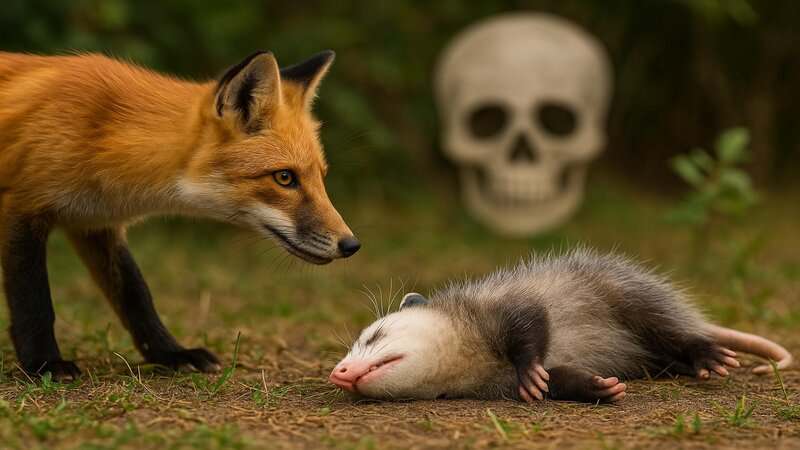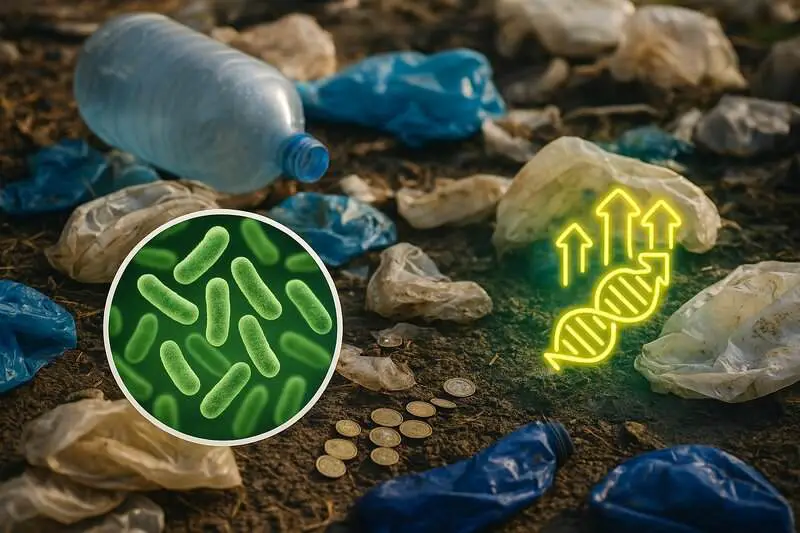For decades, the notion that we use only 10% of our brains has captured the public imagination. The rest, we’re told, lies dormant—an untapped reservoir of potential or a mysterious dark matter within our minds. But what if this idea is more myth than reality? Modern neuroscience reveals that even when we’re daydreaming or resting,…
Kategorie-Archive: Biology
Circadian rhythms are internal biological clocks that regulate sleep, metabolism, and hormone production, aligning our bodies with the 24-hour day-night cycle. Groundbreaking research on these rhythms, recognized by the 2017 Nobel Prize in Physiology or Medicine, revealed the molecular mechanisms controlling this essential process. Disruptions—caused by shift work, irregular sleep, or excessive light exposure—profoundly affect…
Dementia rates are climbing at an alarming pace around the globe, placing immense strain on families, caregivers, and healthcare systems. As the search for effective prevention strategies intensifies, most advice centers on physical activity and diet. Yet, recent scientific studies have uncovered a remarkably simple daily habit—one that takes just 20 minutes and does not…
As we age, our circadian rhythms—the body’s internal clock—begin to shift. This often means going to bed and waking up earlier than we did in our younger years. These changes don’t just alter our schedules; they can impact sleep quality and energy levels throughout the day. Understanding how our internal clock evolves after 65 is…
Imagine a world where creatures lose control of their own minds, compelled to do the bidding of invisible masters. This isn’t the plot of a science-fiction thriller—it’s the astonishing reality of parasitic manipulation. Across the planet, certain parasites have evolved the eerie ability to hijack their host’s behavior, transforming them into unwitting puppets. From insects…
In the wild, survival often depends on deception. Among the most astonishing tricks is thanatosis—the act of faking death to evade danger. This uncanny strategy, also called “playing possum,” is used by a remarkable array of creatures. From insects to reptiles, these escape artists fool predators by convincingly mimicking lifelessness, sometimes with Oscar-worthy theatrics. Their…
In the endless struggle for survival, plants have evolved astonishing strategies to escape the notice of hungry herbivores and harsh conditions. Among the most remarkable are those that employ mimicry and camouflage, blending seamlessly into their environments or imitating other organisms. These shapeshifting plants can vanish among rocks, masquerade as inedible objects, or even mimic…
Every year, birds traverse continents with astonishing precision, crossing oceans and deserts as if guided by an invisible map. For centuries, scientists puzzled over how these tiny creatures could navigate across vast, featureless expanses. The answer, it turns out, may lie in the realm of quantum physics—specifically, quantum entanglement. This phenomenon, which Albert Einstein famously…
Recent scientific breakthroughs have uncovered a stunning truth: plants emit ultrasonic sounds when they are under stress, especially during events like drought or being cut. These high-pitched noises are completely inaudible to the human ear. However, with the help of advanced audio technology, researchers can now detect and analyze these mysterious signals. This discovery is…
Plastic pollution is one of the most daunting environmental challenges of our time. Millions of tons of plastic waste flood oceans and landscapes every year, threatening wildlife, contaminating food chains, and persisting for centuries in the environment. Scientists have long searched for effective ways to tackle this mounting crisis. Recently, an unexpected breakthrough has captured…










